Residential Therapy for Teens
At Discovery Ranch South, therapy can take a variety of different forms. These forms, or modalities, include equine-assisted, experiential, family, group, and individual therapy. Having a variety of treatment options allows the school the best opportunity possible to meet the diverse needs of our students.
Get compassionate guidance on the first steps toward healing.
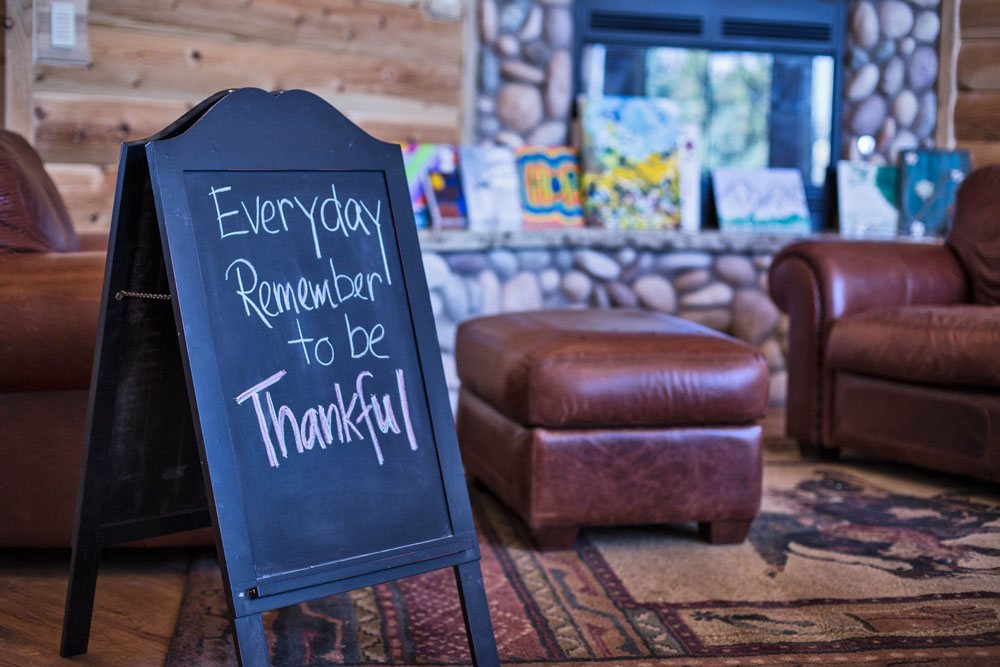
Treatment Model
Treatment begins by building strong relationships. The Discovery Ranch treatment model is based on building relationships and helping students discover their inner strengths.
Treatment includes traditional therapy and experience-based activities. Each carefully structured activity gives students the opportunity to practice relationship skills in a variety of settings.
Therapeutic activities teach students the principles needed to be successful adults. These principles include honesty, respect, responsibility, and hard work. Our approach focuses on developing these and other strengths. The strength-based approach helps students recognize the good in themselves while overcoming obstacles that are keeping them from success.
Not Sure Which Therapy She Needs?
Our team performs a comprehensive assessment to find the perfect fit. Call 855-667-9388.
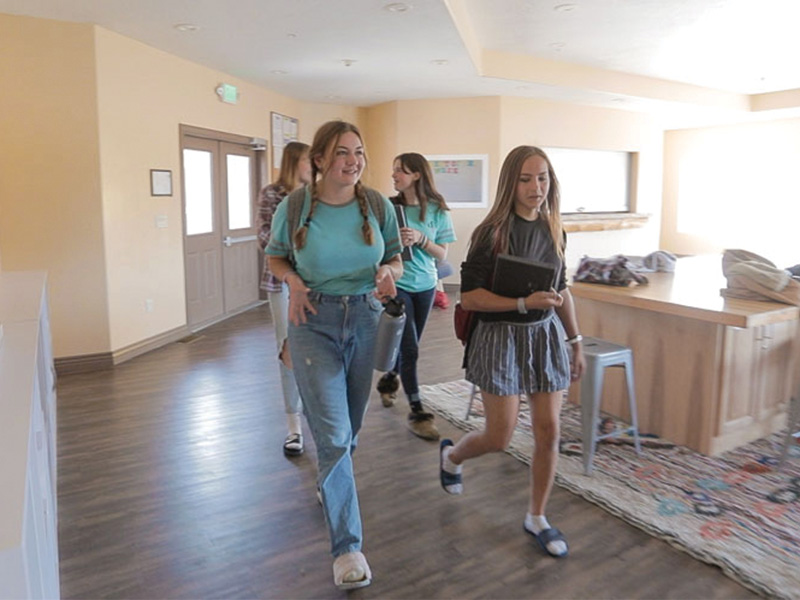
Some of the unique therapies & therapeutic activities we offer include:
- Cognitive-behavioral Therapy (CBT)
- Dialectical Behavior Therapy (DBT)
- Radically Open Dialectical Behavior Therapy (RO DBT)
- Motivational Interviewing
- Eye Movement Desensitization and Reprocessing (EMDR)
- Brainspotting
- Trauma-focused Cognitive-behavioral Therapy (TF-CBT)
- Experiential Therapy
- Equine Therapy
- Cow Therapy
- Expressive Arts Therapy
- Adventure & Outdoor Recreation
- Art Therapy
- Therapeutic & Coping Skills Groups
- Mindfulness & Meditation Groups
- Individual Therapy
- Family Therapy
- Group Therapy
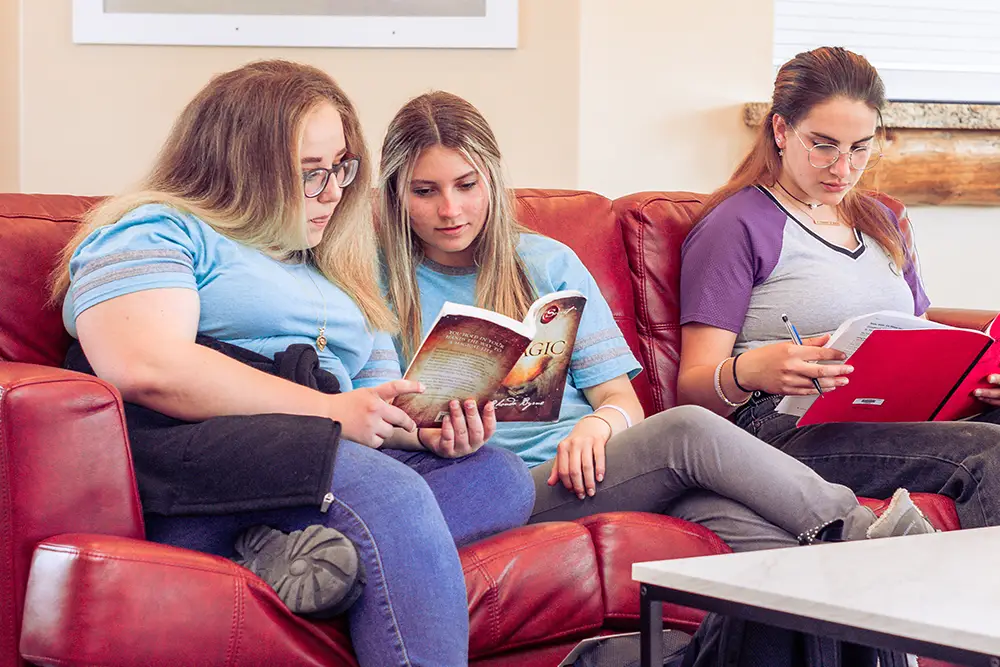
Individual Therapy
At Discovery Ranch South, individual therapy is a cornerstone of healing. We prioritize the "right fit" by carefully choosing and assigning a therapist to your daughter before she enrolls. To ensure consistent progress and deep clinical work, students meet with their individual therapist twice per week to address their specific emotional and behavioral needs.
Family Therapy
Family therapy typically takes place over video conferencing. These sessions provide parents and their children with the opportunity to work through challenging issues together and develop healthy ways of relating to one another.
Group Therapy
Group therapy provides participants with the opportunity to learn from each other and support each other during the healing process. These sessions are guided by a master’s educated therapist. Specialty groups, such as Attachment, help participants focus on specific challenges they face. Students at Discovery Ranch South take part in one main therapy group in addition to multiple specialized therapy groups.
Experiential Therapy
Experiential therapy is a form of therapy that uses challenging and unpredictable activities to help participants develop life skills such as accountability, communication, and self-awareness.
Cow Therapy
One of the most rewarding programs you’ll find at Discovery Ranch for Girls is our feeder calf program. When your daughter arrives, she will have the opportunity to adopt a newborn dairy calf. Your daughter can develop empathy, responsibility, and love. The feelings that your daughter has for the calf can help her to open up. She will become better able to express these feelings for family and friends.
Equine Therapy
Equine-assisted Psychotherapy is a form of experiential therapy. Natural Lifemanship-certified equine therapists guide these sessions. Counselors bring participants to a better understanding of themselves and their relationships.
Expressive Arts Therapy
In the expressive arts program, teens have the opportunity to tell their own stories actively and expressively. Creating art—whether through visual art, music, or stage performances—will also give your teen a chance to explore how they feel about their experiences in a safe and validating environment.
Adventure & Recreation
The recreation program offered at Discovery Ranch is centered around the use of adventure. We see adventure recreation (climbing, canyoneering, hiking, skiing...etc) as a means to further augment the therapeutic process as well as provide exciting opportunities for connection. We accomplish this through various experiential activities both on and off campus
Psychiatric Services
When students arrive at Discovery Ranch South, they receive an evaluation from a licensed psychiatrist to help determine the student’s needs.
The psychiatrist's main responsibility is to assess and adjust medications as needed. Most students meet with a psychiatrist once a month. In some cases, students may meet with the psychiatrist more often, such as, during medication adjustments. If students need more frequent visits, then their families are not charged any additional cost.
On-campus Nursing
The nurse, psychiatrist, and therapists work together to address each student’s needs and provide the best treatment possible. The licensed full-time nurse is on-site every weekday, and on-call nights and weekends. The nurse dispenses medications, monitors nutritional concerns, and serves as a liaison between parents, physicians, psychiatrists, and the treatment team. The nurse also assesses and helps to maintain every student's heath.
Co-ed Activities
Discovery Ranch South works closely with Discovery Ranch. This allows your teenager to participate in supervised activities with members of the other program, fostering social skills and relational strength. These activities are organized with a therapeutic focus, prioritizing safe conditions and positive outcomes.
Treatment Team Collaboration
To help students achieve success, Discovery Ranch South makes sure that all the people who work with the students can work well together. The clinical, academic, residential, and experiential departments all collaborate as part of the students’ treatment teams.
Each student has an individualized treatment plan. Members of each department work together to create a treatment plan designed to meet each student’s unique needs, and meet regularly to update the plans as needed.
Get to Know Your Clinical Team
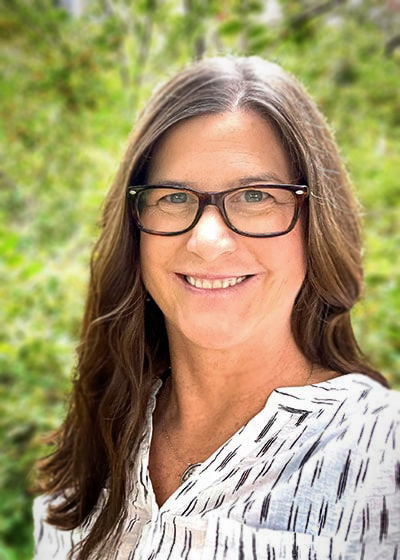
Jennifer Hedrick, MS, LCMHC
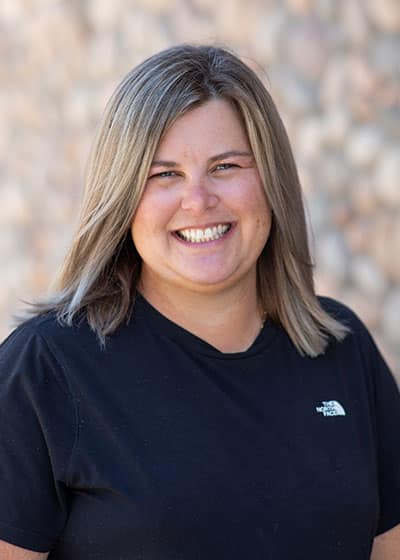
Rashell Stubbs, LCMHC
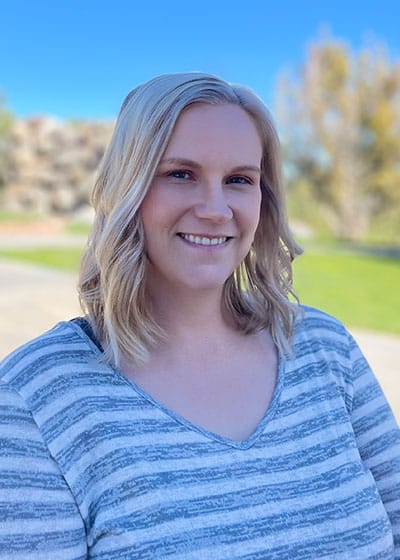
Kate Brannan, LCMHC
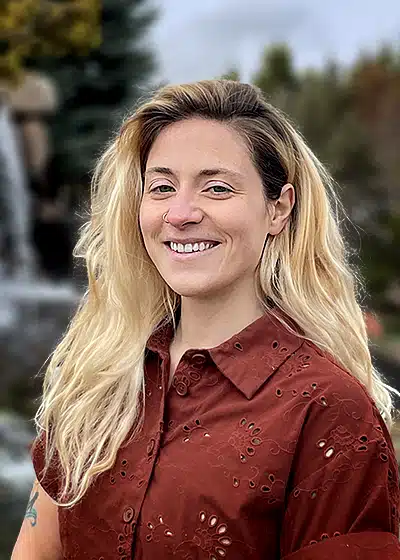
Rye Fox, LCSW
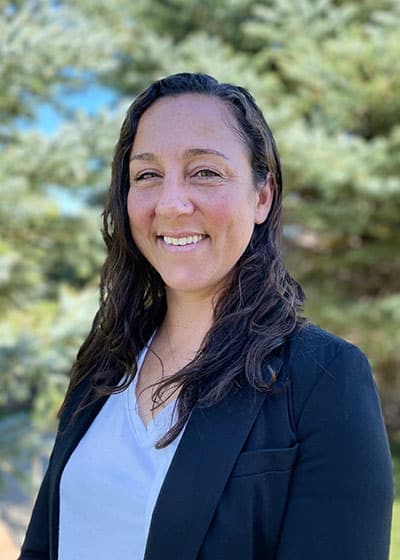
Stephanie Lozano, MFT
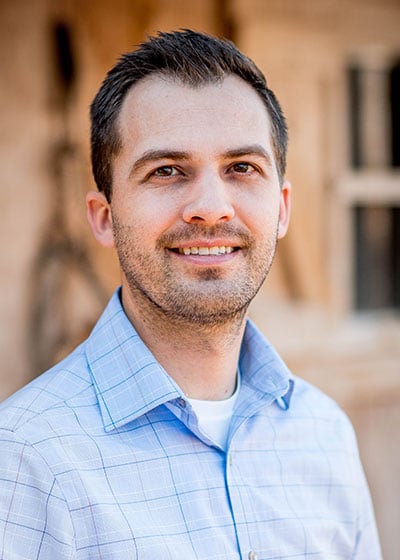
Brett Talbot, Ph.D.
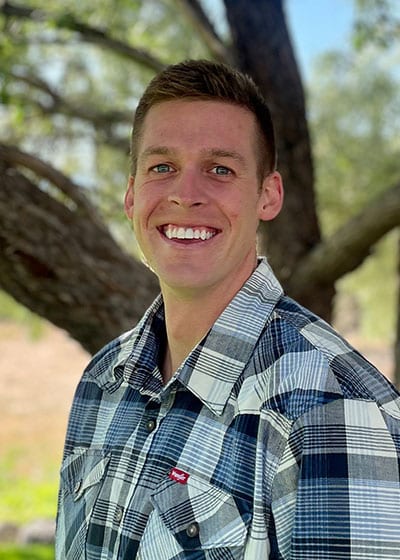
Enoch Hardin, CSW

Jennifer Hedrick, MS, LCMHC
Associate Executive Director, Clinical Director
- Learning to integrate traumatic experiences into life, as well as letting go of the pain associated with these experiences (trauma recovery).
- Learning to achieve a positive self-identity as an LGBTQ+ teen.
- Gaining a positive body image and learning to have a healthy relationship with food.
- Learning to navigate relationships with a definite sense of self and appropriate boundaries.

Rashell Stubbs, LCMHC
Associate Clinical Director

Kate Brannan, LCMHC
Therapist

Rye Fox, LCSW
Therapist

Stephanie Lozano, MFT
Therapist

Brett Talbot, Ph.D.
Director of Research & Quality / Consulting Licensed Psychologist

Enoch Hardin, CSW
Therapist
I have worked with teens in treatment for almost 11 years. Most of that time has been as a direct care staff with a few years in a management position. I spent 5 of those years in a wilderness therapy setting and loved it.
I firmly believe that healing and growth can be found in abundance through being active and getting outside. I also believe that doing difficult things is necessary for our learning and growth in life. One of the reasons I enjoy work at DRS so much is the fact that the students have to opportunity to be active, be outside, and have responsibility outside of themselves.
I enjoy canyoneering, camping, cooking and taking care of my plants. I grew up with many siblings and enjoy spending time with my nieces and nephews whenever I can.
One of my favorite quotes is from Dr. Suess, and it says—“I have heard there are troubles of more than one kind. Some come from ahead and some come from behind. But I’ve brought a big bat. I’m all ready you see. Now my troubles are going to have troubles with me!” I like this quote because in life there are all sorts of troubles we will run into, but with determination, guidance, a growth-mindset and courage we can turn those troubles into learning opportunities!
